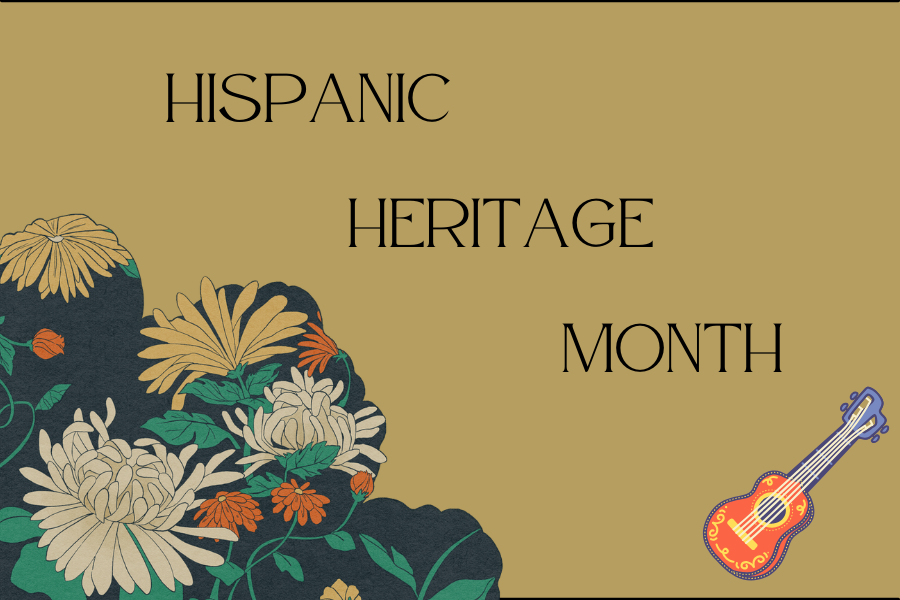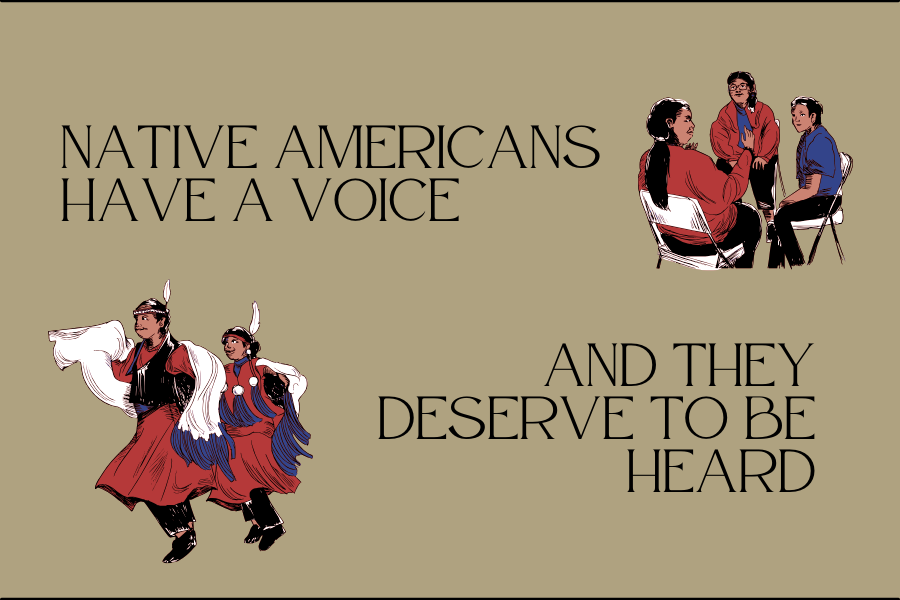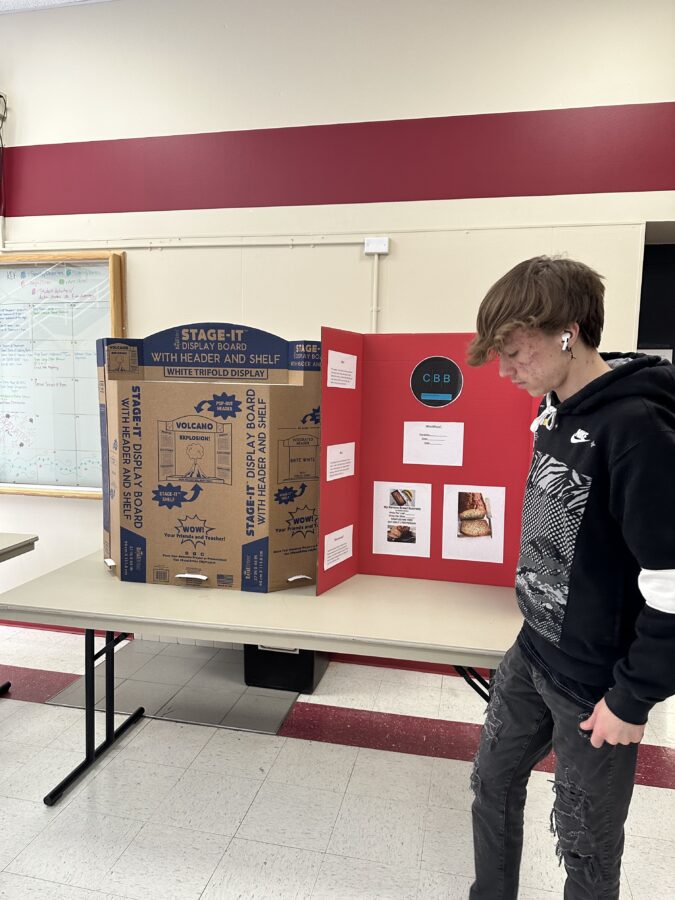Hispanic Heritage Month is a month that celebrates the histories, cultures and contributions of Hispanic-American citizens whose ancestors came from the Caribbean, Mexico, Central and South America, and Spain. The month is celebrated from September 15th till October 15th. The reason it’s celebrated from September 15th instead of the beginning of the month is because many Latin countries have their independence days between the dates listed above.
On September 15th, we celebrate the independence of Costa Rica, El Salvador, Guatemala, Honduras, and Nicaraguas. September 16th is the independence day of Mexico, and the next day is Chile’s independence day. Columbus Day, also known as Dia de la Raza, falls on October 12th. While not all Latin countries celebrate their independence during this time, a lot of them do. The islands of Puerto Rico, Guam, and more are still colonies to this day and do not have independence days.
The Hispanic Heritage Month we know today actually started off as a week-long celebration under President Lyndon Johnson. It was expanded by President Ronald Reagan in 1988 to cover a full 30 days. George E. Brown was the one who introduced the week-long celebration in June 1986 towards the end of the Civil Rights Movement.
Being Hispanic/Latino is something a lot of people will never understand because they simply have never lived as one. But those who are hispanic might answer similarly when asked what it means to them to be latino. When Juan Perez and Roberto Castro were asked this question they both answered similarly.
“If I’m being simplistic, you could describe latinos as friendly, and conversation makers. When you ask us a question we give you a story instead of directly answering the question first. We like having that connection with people first…” Mr. Perez said. “… For me, being latino-american represents strength and the ability to lift oneself from nothing when all of your resources or a majority of your natural resources were exploited from the ground.”
“It signifies having a rich culture, having lots of happiness with lots of dancing, with lots of food and with all of your family. Get together every Sunday, see your uncles, cousins, and everything. Enjoy it all and have a good time,” Mr. Castro said. “It’s something beautiful that I don’t see everyday, every week because I’m in this culture, the North American culture, but it is a part of me and I’m happy to have it. “
While Hispanic Heritage Month shines light on a lot of diverse cultures, a few latinos think that it should also bring attention to the struggles that happen in some Latin countries as well as the past which few know of. Unless you were born in the country, you will not know the struggle that happens inside said country. When talking about this topic Mr. Castro stated, “I hope that this month and activities related to it help awaken a curiosity in others and with that curiosity they stay informed. That informed, they make better decisions when voting, when they’re in political power and making any type of decisions regarding the country, city, district, or the state, for example.”
Focusing on the issues that barely anyone wants to speak about is important. Even if it is an uncomfortable topic like: colonization, slavery, islands being economically dependent on bigger nations, etc. If the people of the United States, including the government, do not realize, acknowledge, and learn how terrible other Latin countries are currently doing because of events that were out of their control or caused by other larger and more economically stable countries, we as a country will never be able to truly flourish.
When talking about whether Hispanic Heritage Month brings light to issues, Mr. Castro said no. “It is superficial. The majority of events teach you about dance and food, those are the events that most people attend. To my knowledge, the events stay superficial. There are no events that go into depth about those issues,” He said. “It would be nice and I would love it if that happened; where these events extend and teach more about problems and necessities that we, as Latin Americans have. Then we would be able to influence more people that aren’t Latin American about our issues, but I don’t think those events exist.”
While it is nice to see Latin culture being spread around to people who are interested in it, we aren’t talking about the actual issues. Even when latinos do spread around their countries issues that were either caused by the USA and other countries or the USA had some fault in, no one ever listens.
Hispanic Heritage Month is a great month to introduce others to diverse cultures that they are barely ever exposed to but it would be nice if we could talk about important issues that have, are still happening, and have happened.






